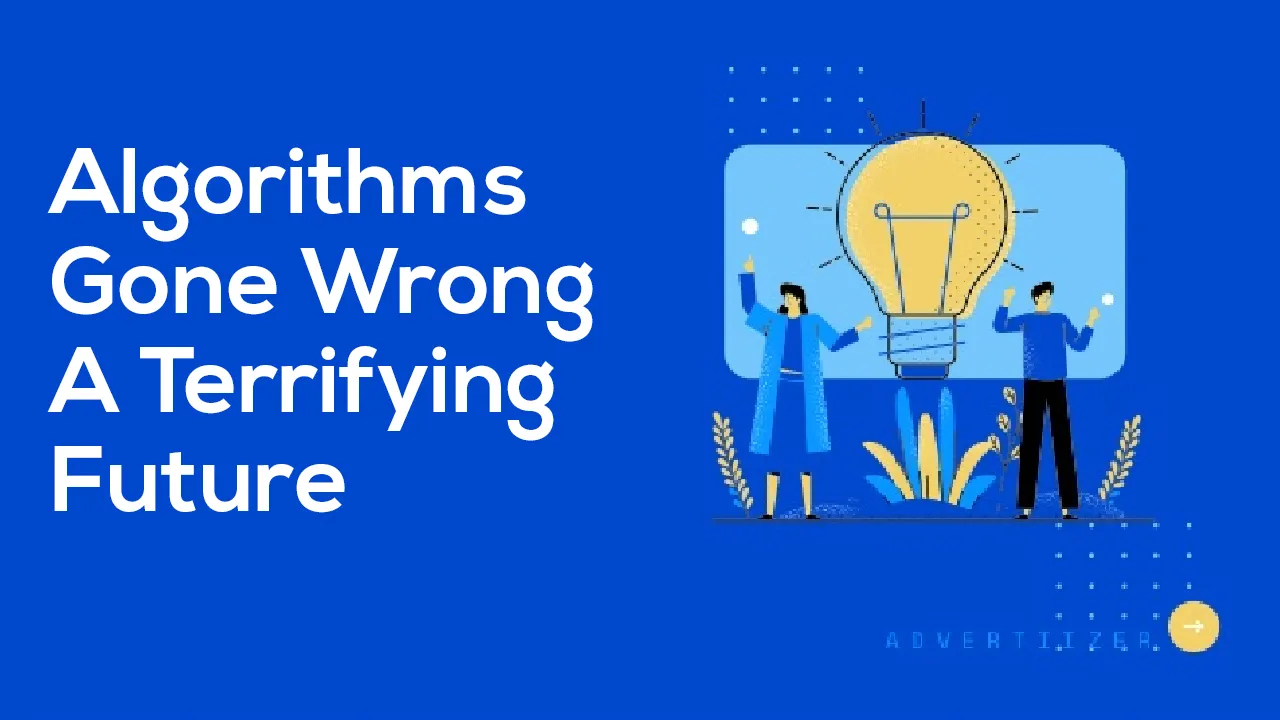Algorithms will usher in an era that will be ever more efficient, and ever more terrifying
- We use them all the time, but what exactly are algorithms?
- When algorithms are used for good
- The horrifying consequences of algorithms gone wrong
- What can we do to make things better?
- The ‘computer-says-no’ dilemma
- A final observation
Algorithms are a major part of our everyday lives. Most of the time, we aren’t even aware that we use them, nor why. But the reality is that we couldn’t even function without them anymore. The internet runs on algorithms. Emails reach their destination because of algorithms. All our online searches are accomplished via algorithms and our smartphone apps wouldn’t work without them. And although algorithms have been created with good intentions – to improve our lives – they are increasingly causing major issues. They make mistakes, are biased, and can be used for criminal purposes. And to make matters worse, there are no regulatory or supervisory bodies (to speak of) to protect us from algorithms going wrong – yet. To add insult to injury, directors and decision makers don’t always have the right knowledge to base their decisions on – and civil servants and employees often leave decisions to algorithms that don’t function as they should. Proper supervision, and therefore protection, is lacking. Are we at the mercy of the ‘gods’?
We use them all the time, but what exactly are algorithms?
An algorithm is basically a set of rules or steps that can be implemented in various ways in order to achieve a certain objective. The steps in a recipe that you follow in order to create a meal, for instance, are an algorithm. And computer algorithms are the invisible mechanisms that determine, for instance, the recommendations we see on social media, Netflix, or on a fashion website. Algorithms solve problems. One example is the apps on our smartphones that help us find the most efficient route to a destination, and sometimes they also need to connect with other databases to gather real-time traffic information. Algorithms can predict the weather and help us with our next move on the stock market. They can help discover illnesses such as breast cancer, or identify fake news. They make sure our smart devices respond to our voice commands and recognise our fingerprints or our faces. They are used to track our every move and monitor which articles we prefer reading. They extract important data from these actions, so that they can offer reading suggestions. Algorithms can even be ‘instructed’ to discourage or prevent us from seeing certain types of information.
When algorithms are used for good
As mentioned before, computer algorithms have been created to assist us with a myriad of tasks and are intended to be used for good. They enable incredible levels of speed and efficiency, and lead to increased creativity and enhanced self expression. They help us crunch databases and can extract knowledge much faster than humans will ever be able to, and make decision-making, purchasing, transportation, and all kinds of other important tasks more efficient. In short, “If every algorithm suddenly stopped working, it would be the end of the world as we know it”, says trendwatcher and futurist Richard van Hooijdonk.
#ai & machine learning #algorithms #artificial intelligence #future
